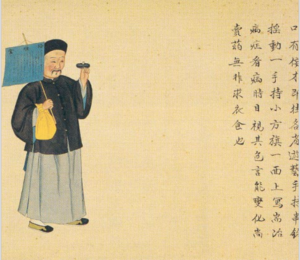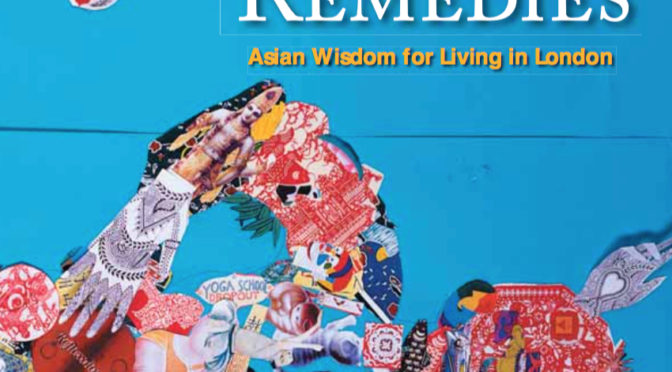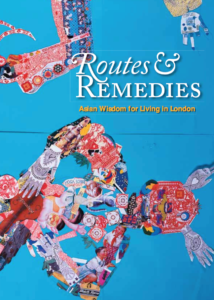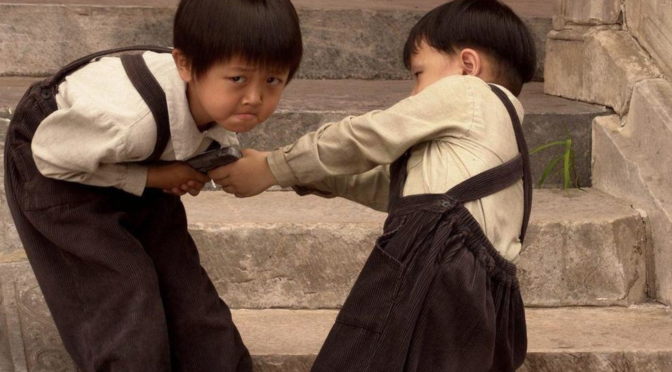YiMovi applies traditional Euro-American medical humanities approaches to teaching with Chinese film.
Medical humanities (MH) was initially concerned with the training of medical practitioners in hospitals and medical schools. Major themes are understanding the patient experience, establishing empathy, medical ethics, the history of concepts of disease and therapies, and medicine and the arts. It is inherently interdisciplinary and commonly uses literature, theatre and the visual arts in participatory ways. In recent years the term Health Humanities has been used to embrace all the ways in which healthcare involves those other than professional medical communities.
YiMovi has emerged through our teaching MH to Chinese students. This has brought up critical points of cultural difference, and has highlighted the unique challenges that the Chinese speaking worlds face. It also brings a critical focus to what have been considered universal rights in healthcare, in death and dying, and medical ethics in general.
The study of medicine in China through film can also offer new insights for the Medical and Health Humanities, through a more intimate engagement with alternative health systems, but also radically different conceptions of state, community and individual. How the body has been used as a site of personal cultivation, social conformity or political contestation is all made visible in film.
www.yimovi.com



